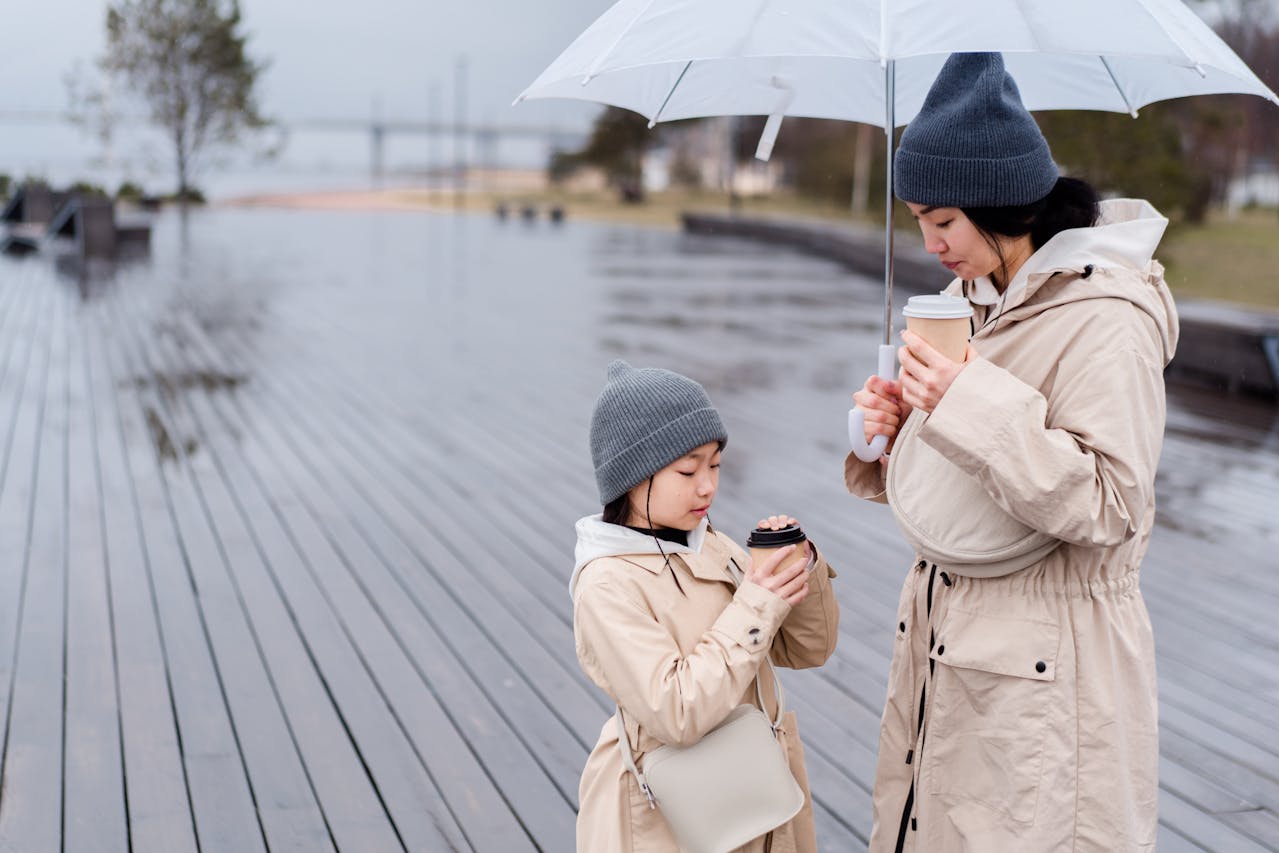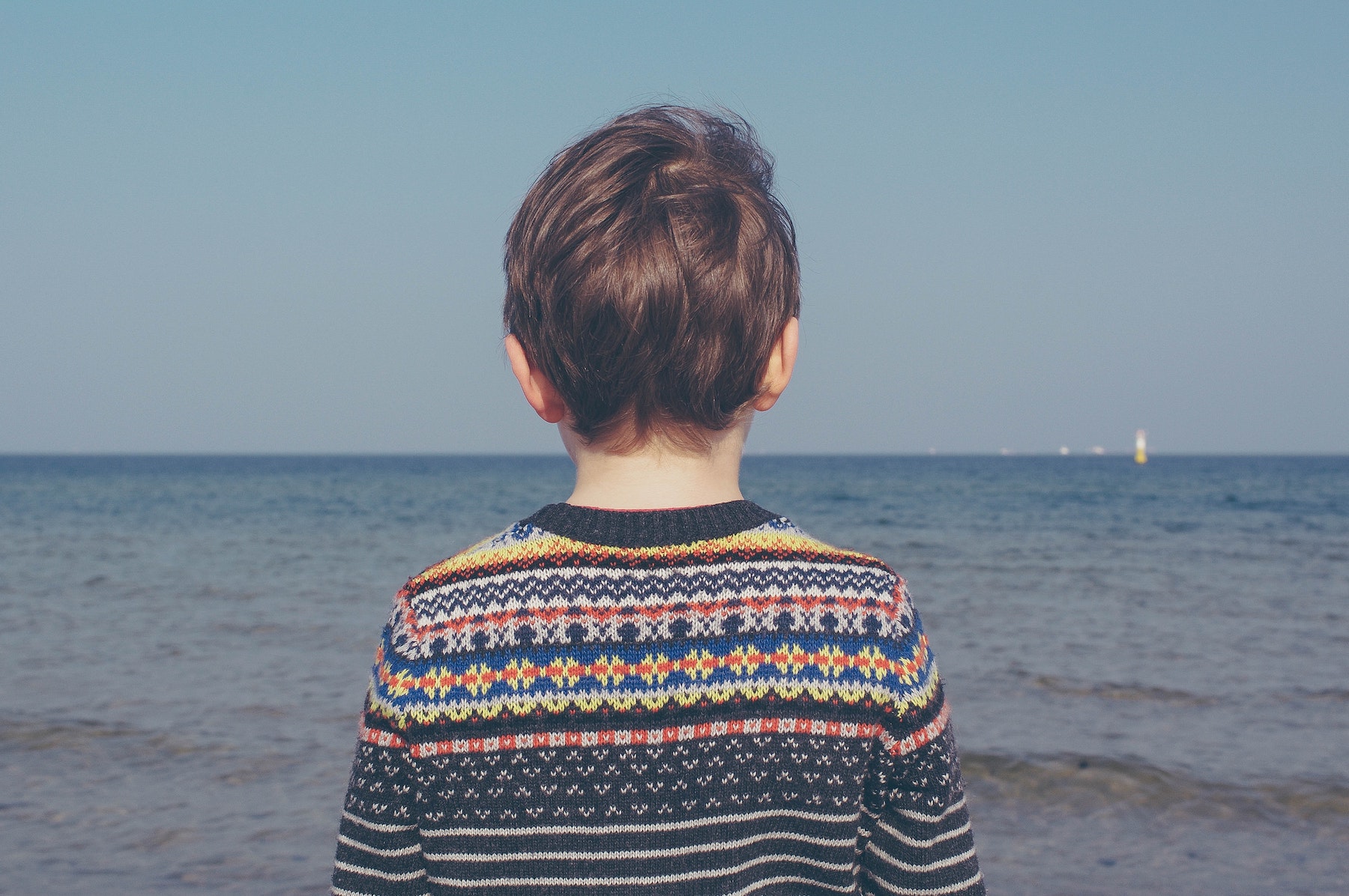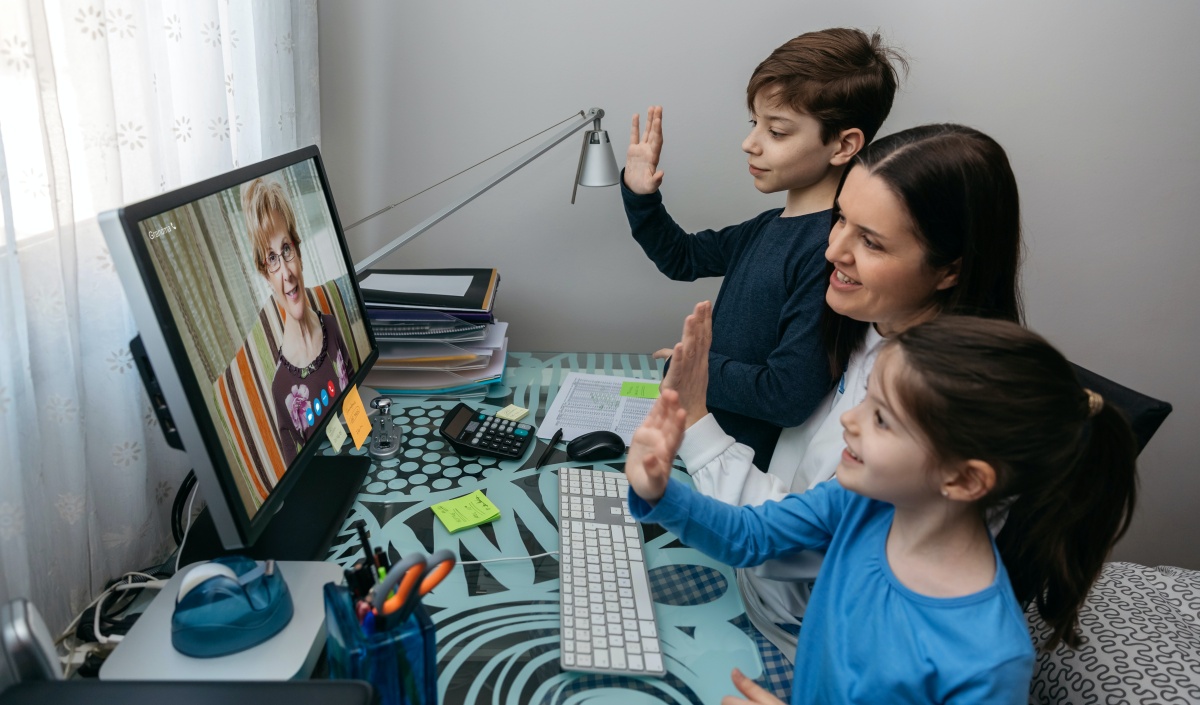
Grief has no face until you see it in the face of someone you love.
It has no shape until you watch it gather in an instant, one usually out of your control.
Grief has no timeline until your minutes are framed within its emotion.
It shows no preference until you feel judged by your own inabilities to do anything at all to relieve it.
Grief spreads out like a settling fog and makes it’s home in crisis—without caring if it’s the new year or a new beginning. It doesn’t care much that you’ve decided that this year would be much better without it.
2014 carried some incredible grief. Lost airplanes and lost loved ones. Racial tensions and injustices. School shootings and bombings. We think none of our grief can compare to the suffering we see in the news. But it does.
Grief is grief is grief.
Even when we’d wish forever that it wasn’t so, our children also grieve. Sometimes we see our kids’ reactions and think it’s just because they are kids, that they take things so literally , that they’re just being emotional. We may unintentionally disregard their process of pain because it doesn’t seem as big to us. But I challenge myself and I challenge you to take their pain seriously because whatever they think to be pain is actually very painful—to them. And how we help them with pain will show them whether or not there is hope beyond it.
Think about your children and what they may be going through.
Grief is when they lose something they cherished most. (It could be a toy or a loved one.)
Grief is when they are sad for no apparent reason.
Grief is when they suffer from fear, anxiety, or depression.
Grief is when they are afraid to try something new but so desperately want to.
Grief is when a sibling gets to do something that they can’t.
Grief is when they are exposed to something violent or abusive.
Grief is grief when parents go separate ways.
Grief is when friends don’t wear the planned matching outfit.
Grief is when a pet dies.
Grief is when they feel inexplicable loss.
The face of grief is revealed in kids and teens when they feel safe enough to show them to us. I’ve always wanted to be a person that our kids feel comfortable around. I’m guessing you’re wanting the same. We hope that they wouldn’t be afraid to let their emotions and pain be seen. When something painful happens, we want them to know that we don’t dismiss it—no matter how big, no matter how small.
So whether they’re three years old or thirteen, we can be confident that comforting the face of grief in our kids will be necessary. We should prepare for it because we know that life will eventually introduce them to grief. In turn, we grow too, as people finding out how to work through our own grief as we discover ways to comfort them in theirs.
I’ve learned a few things from spending time with grief counselors this year as we prepare to train leaders on how to help parents navigate crisis in their kids’ lives. Everything I’ve learned matches my experience working with teenagers over the years. Here’s what you can do when grief finds your kids.
- Be as honest and genuine as you can possibly be. Be honest but hopeful. Try not to lie about pain.
- Listen mostly. Let them talk and make them feel safe.
- Repeat what they are saying. “Okay” their feelings and support them when they need help or help getting help.
- Get used to saying “I don’t know” because you won’t know all the answers.
- Learn as much as you can about the development of your child. While you’ll never know everything, knowing more about the phase they are in can help you spot warning signs, understand and empathize better, and give you reasons to pour out piles of grace.
I imagine that many of you reading this have already faced something difficult. You’ve started the year thinking everything was okay, then a storm crashed in, undetected, causing pain and trauma for you or your kids. Remember, that even in the void that accompanies that type of pain, there is hope. “Hope is born in the dark,” Anne Lamott once said.
So you wait, and you watch, and you hope. And you show up. You’ve got all that you need to walk with them through it, and they’ve got all that they need in you. As you hold their faces in your hands, realize that you hold their grief too and you make it a little less scary by getting close enough to carry it together.




